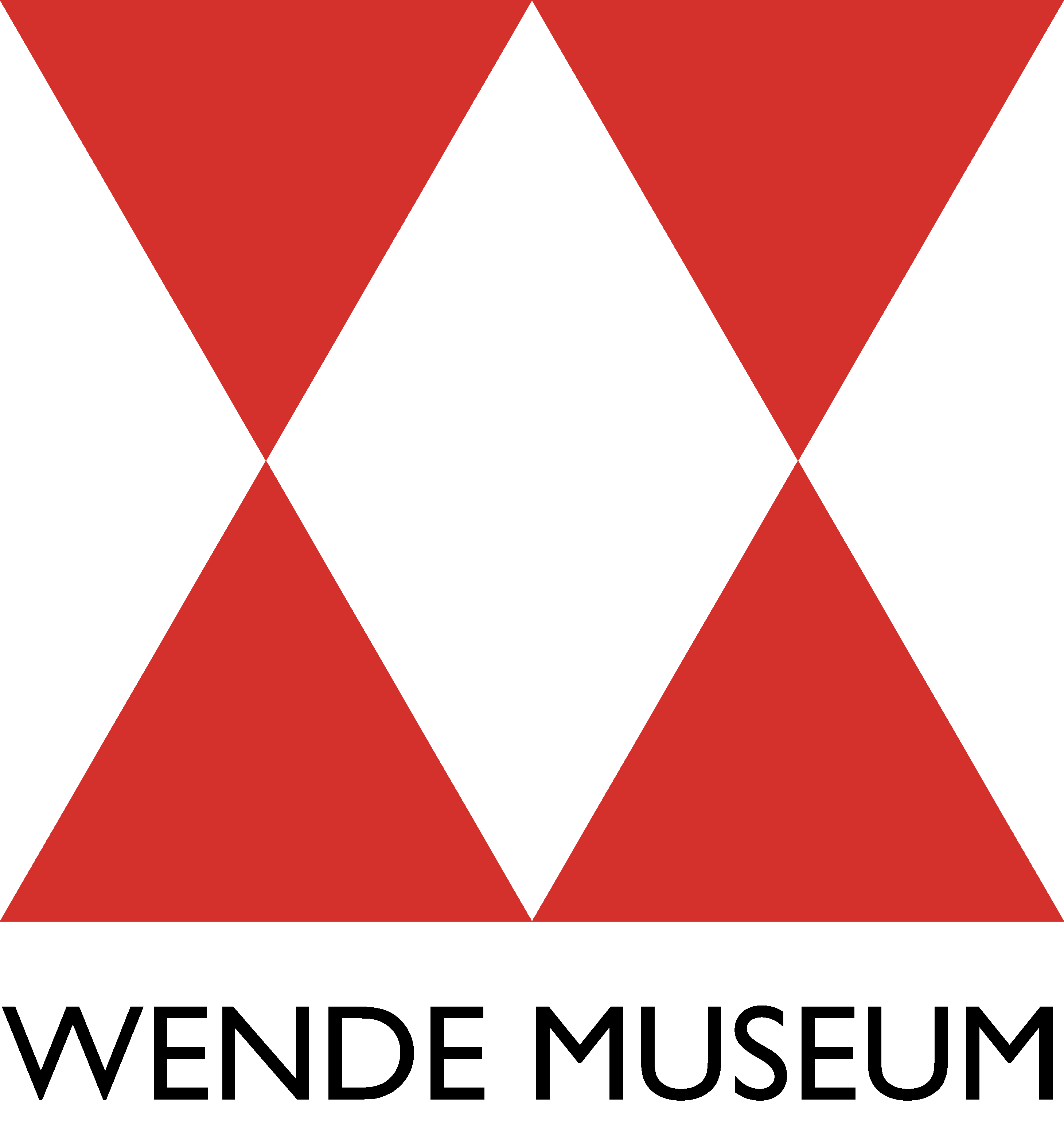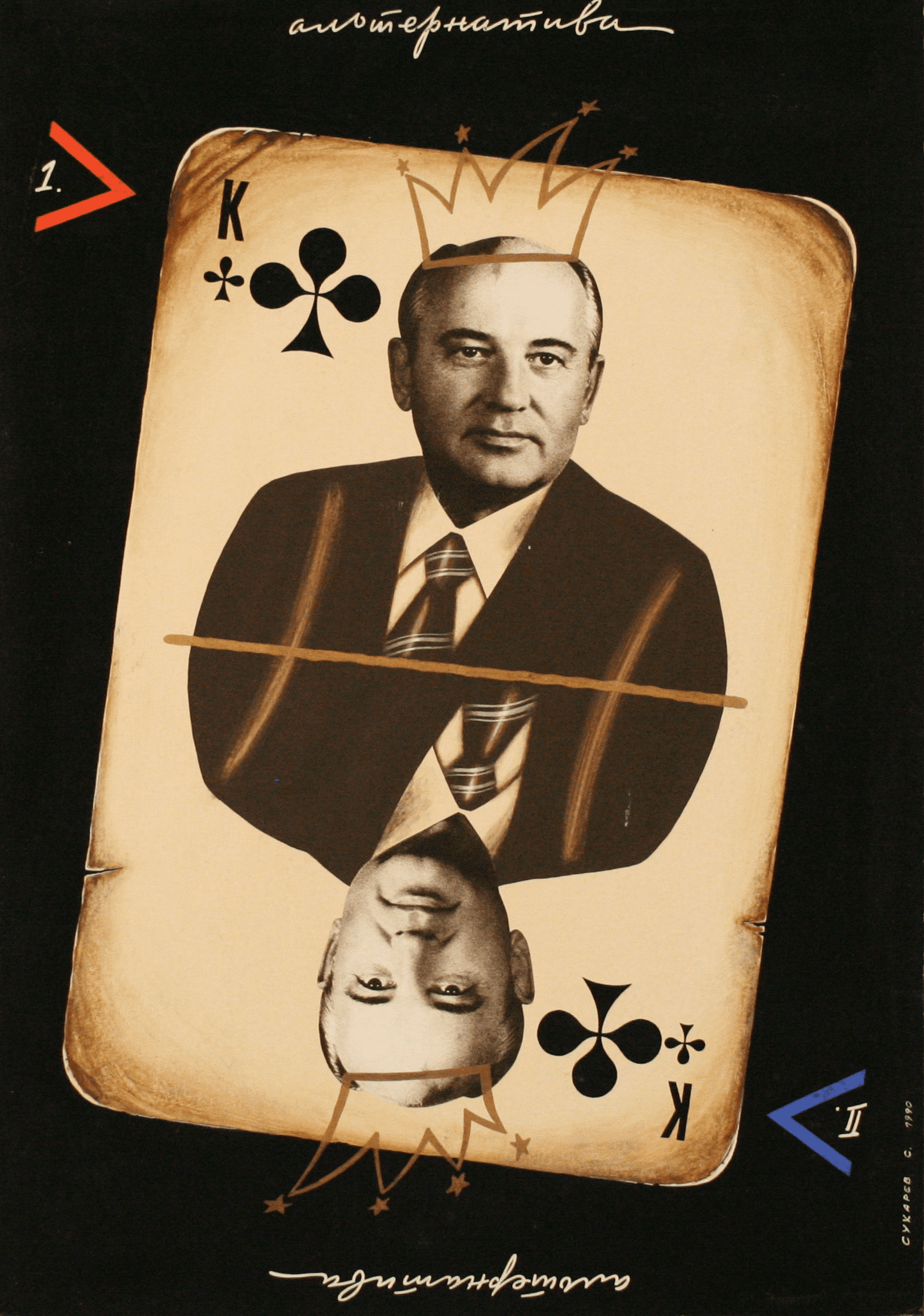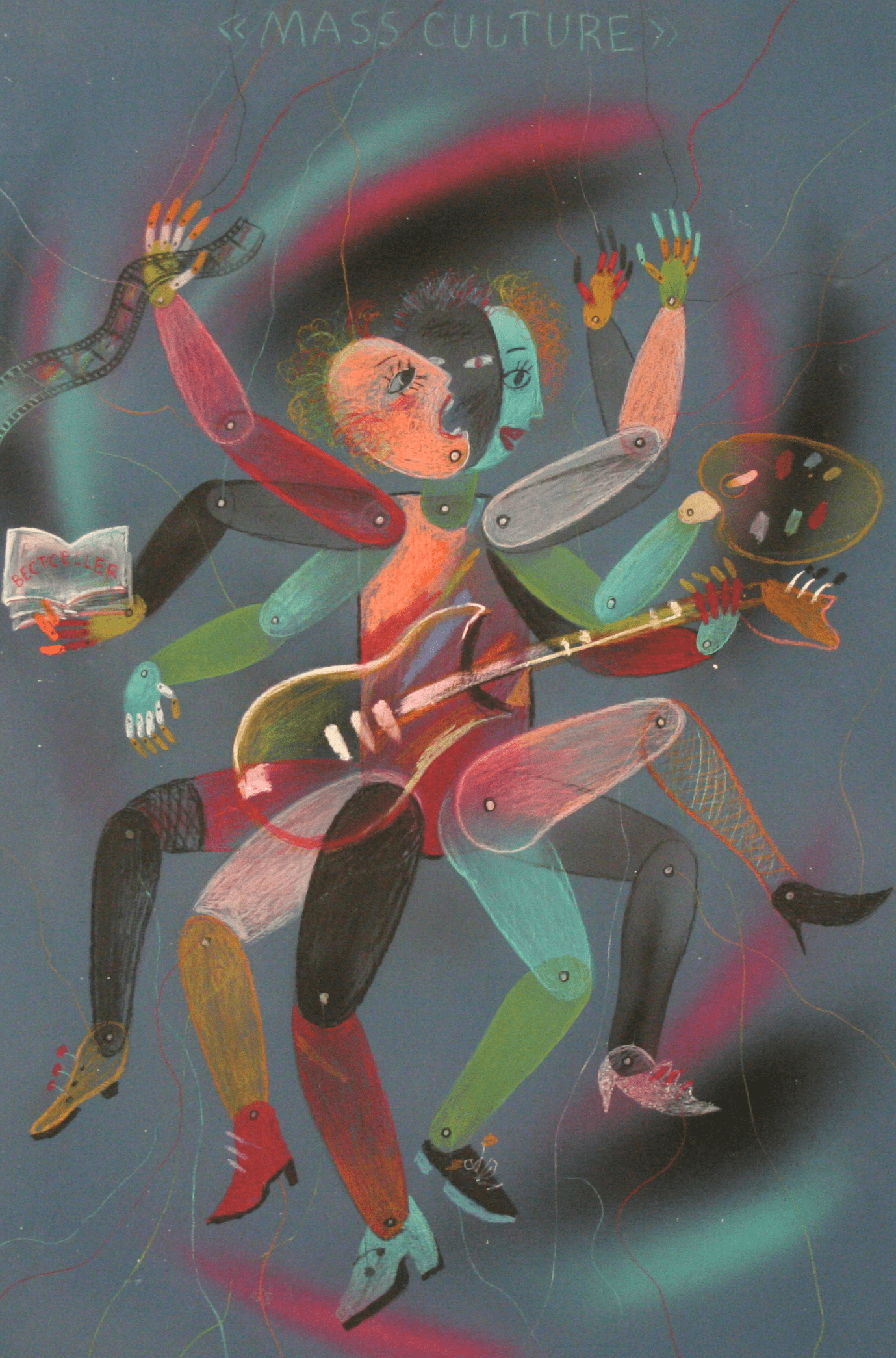About the Wende
Mission
The Wende is an art museum, cultural center, and archive that preserves history and brings it to life through exhibitions, scholarship, education, and community engagement.
Wende is a German word meaning “turning point” or “change” that has come to describe the transformative period around the fall of the Berlin Wall. Founded in 2002, the Wende Museum holds an unparalleled collection of art and artifacts from the Cold War era, which serves as a foundation for programs that illuminate the political and cultural changes of the past, offer opportunities to make sense of a changing present, and inspire active participation in the personal and social changes that will shape the future.
The Wende fulfills its mission by:
- collecting, preserving, and providing open access to artwork, artifacts, archives, films, and personal histories from the Cold War;
- promoting rigorous scholarship, educating students, and stimulating general interest through lectures, symposia, publications, and the digitization of collection material;
- presenting innovative exhibitions and interdisciplinary programming inspired by the collection;
- facilitating collaborations with contemporary artists and researchers;
- partnering with other non-profit organizations; and
- providing community services such as wellness programs, volunteer opportunities, and family-friendly activities.
History
Yesterday
The Wende Museum of the Cold War was founded by Justinian Jampol, a native of Los Angeles and scholar of modern European history, to address the wholesale neglect and rampant destruction of Cold War material culture in Eastern Europe and the Soviet Union that followed the fall of the Berlin Wall in 1989.
During the early 1990s, these materials that document an entire cultural history of what life was like in Eastern Europe and the Soviet Union were rapidly disappearing. Historical landmarks were being torn down, statues vandalized, consumer products discarded, films and photographs left to deteriorate, and archives actively destroyed.
The Wende Museum collection originated with items acquired by Jampol in the mid-1990s and quickly expanded in 2000 with a significant donation by activist Alwin Nachtweh and his partner Ulrike Wolf. The museum was incorporated in the State of California in 2002 as 501(c)3.
Then in 2004, the museum took a transformative leap forward when Arcadia, a charitable foundation that works to protect nature, preserve cultural heritage and promote open access to knowledge, awarded it operational and acquisition funding with a mandate “to make a significant and necessary contribution to the illumination of a fascinating, yet still largely unexamined, era.” With this support, the museum was able to initiate a sweeping campaign to acquire, preserve, and provide access to threatened cultural materials of Cold War Eastern Europe and the Soviet Union. In 2006, the museum expanded its collecting mission to include documenting personal histories from the era.
Today
What began as a grassroots acquisition initiative has quickly grown into a museum and research institution at the forefront of its field. The museum’s collection of more than 100,000 artifacts, archives, and personal histories is recognized as an unparalleled resource for insight into the Eastern perspective of the Cold War. The collection further serves as inspiration for the museum’s educational programming, which explores the complicated legacy of the Cold War and its relevance to contemporary social and political issues.
A small portion of the collection is currently on view to the general public at the museum’s headquarters in Culver City. Thanks to the ongoing support of Arcadia, efforts are underway to expand significantly the amount of collection material viewable online. The entire collection is accessible by appointment for research by scholars, students, journalists, artists, and others interested in utilizing the vast array of primary source materials. The museum’s programming, including exhibitions, events, conferences, coursework, film series, and a variety of other activities, is offered locally and at partner institutions throughout the United States and Europe.
Tomorrow
No other museum or archive is actively acquiring the artifacts that the Wende Museum collects. In fact, many museums in Europe are actually de-accessioning works of art and artifacts from the Cold War era. The Wende Museum will continue to acquire, expanding its efforts to reach ever deeper into smaller and rural communities, focusing particularly on materials that are at risk or on the periphery of traditional archival interests. The museum’s preservation efforts ensure that not only present but also future generations are able to more comprehensively investigate the Cold War era, reevaluate historical interpretations, and make assessments within the context of evolving circumstances.
The museum’s emergence and rapid growth has paralleled a dramatic rise in academic, media, and general public interest in the lived experience of the Eastern Bloc. As a result, the museum faces an increased demand for expanded programming and access to its collection. The Wende Museum welcomes your support and involvement in shaping the museum’s future and ensuring its continued success in meeting this growing need.




